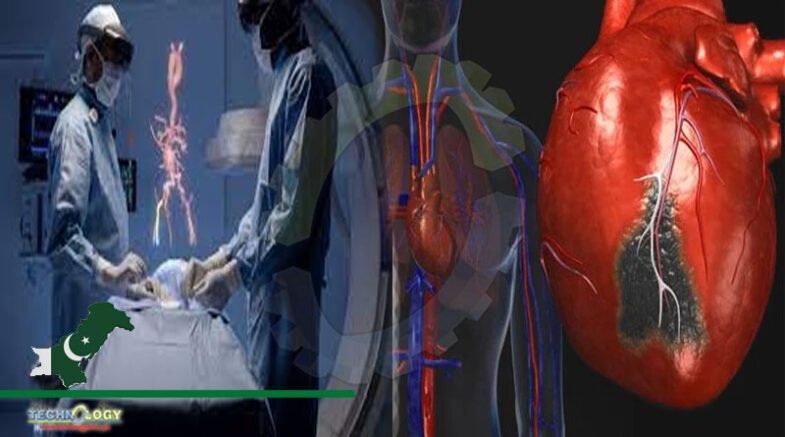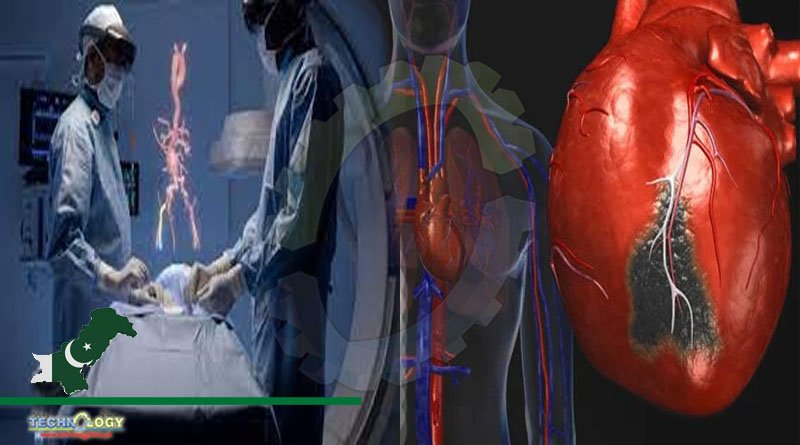Advanced cardiovascular treatment technology need to be promoted in Pakistan. “I hope to conduct in-depth research on cardiac interventional

Advanced cardiovascular treatment technology need to be promoted in Pakistan. “I hope to conduct in-depth research on cardio interventional therapy skills in China and make contributions to my country in the future,” said Wahid Abdul from the Third Xiangya Hospital of Central South University in the interview with China Economic Net in fluent Chinese.
“Since I was a child, I have heard ‘long live the Sino-Pakistani friendship’ countless times. From then on, I had a strong curiosity about China,” Wahid Abdul noted. During the nine years in China, he has always worked hard towards the goal of becoming an outstanding doctor. Recently, he has successfully passed the degree application and is about to study here for a Ph.D. degree in cardiac interventional therapy. Although most of the family members are businessmen, Wahid Abdul had different ambitions from the beginning. “I hope to have a job that can serve and help others, so I chose medicine as my career choice. During internship in China, I found that the direction of internal medicine is my favorite and the most suitable discipline for me. In the end, I chose cardiology as my research direction,” he said.
As the first author of an academic paper on the title of “High Mobility group box-1 as an inflammation driver in cardiovascular diseases” in SCI journal of “Biomedicine and pharmacotherapy”, and the co-author of “A study of clinical application of triple lumen continuous negative pressure irrigation catheter in surgical management of infected necrotizing pancreatitis” in SCI journal of “Hepatobiliary pancreatic Sciences”, Wahid Abdul has set the new goal for his Ph.D. period: at least three SCI journal articles. On this point, he has started to communicate with his doctoral advisor in order to confirm the specific research direction.
In addition to the personal career development, Wahid Abdul also pays attention to the development and progress of the medical field in Pakistan. In the past two decades, Pakistan’s medicine has developed rapidly, but there is still a lot of room for improvement. Therefore, relevant advanced technology and highly educated talents are extremely popular in Pakistan now.
”Regarding cardiovascular disease, I think China-Pakistan medical cooperation can do a lot in this regard.” In Pakistan, due to environmental conditions and other restrictions, diagnostic and emergency conditions for cardiovascular diseases are usually limited, Abdul noted. And this often leads to an imbalance in medical resources. It also means that hospitals in big cities can provide patients with timely treatment, but patients with cardiovascular diseases in remote and rural areas often cannot get timely diagnosis, which delays their treatments.
Originally Published By Daily Pakistan
